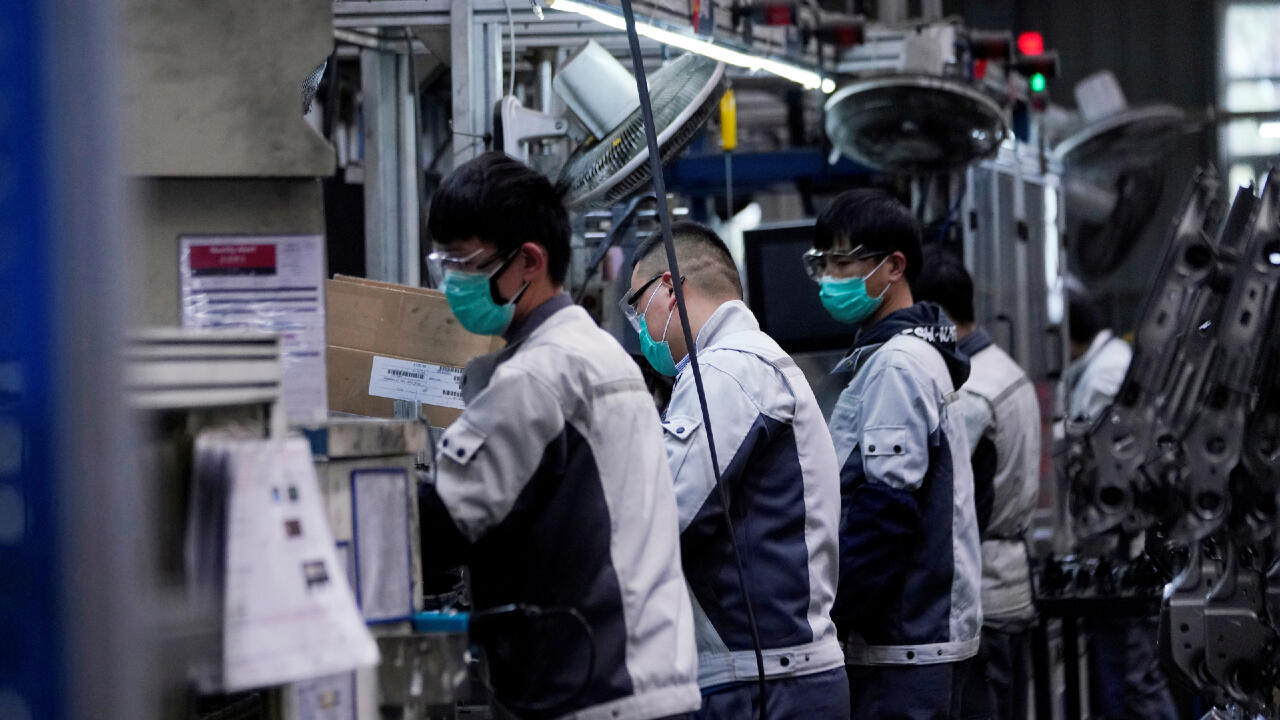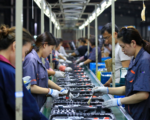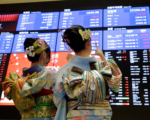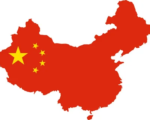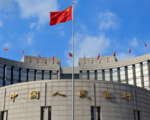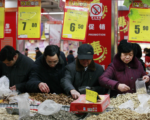China’s industrial profits faced their steepest decline this year, contracting sharply by 17.8% in August after a brief recovery of 4.1% in July, according to the National Bureau of Statistics (NBS). This marks the biggest monthly slump in 2023, reflecting mounting economic pressures as business activity continues to slow. For the first eight months of the year, earnings grew by a mere 0.5%, compared to the 3.6% growth seen in the January-July period.
The NBS attributed the downturn to several factors, including weak market demand, the adverse effects of natural disasters like high temperatures, heavy rainfall, and floods, and a high statistical base from last year. Particularly impacted were the automobile and equipment manufacturing industries, contributing to the sharp contraction in profits.
According to Zhou Maohua, a macroeconomic researcher at China Everbright Bank, this slump underscores a growing imbalance in China’s economic recovery, exacerbated by weak domestic demand. The sluggish industrial performance is compounded by broader economic concerns, including uncertainty over job security, a faltering property market, and declining investment.
Earlier data in September highlighted weak consumer demand, which remains a significant bottleneck for the economy. Inner Mongolia Yili Industrial Group Co, a leading domestic dairy company, reported a 40% drop in net profit for the second quarter, underscoring the challenges businesses face in an increasingly cautious market environment. NBS spokesperson Wei Ning echoed these concerns, citing the complexity and volatility of external factors further clouding the economic outlook.
In an effort to revive the economy, China’s central bank introduced the most aggressive stimulus package since the pandemic, including a 50 basis point reduction in banks’ reserve requirements. However, analysts warn that more extensive fiscal support will be necessary to restore confidence and stimulate demand.
Chinese leaders responded with a pledge of “necessary fiscal spending” to meet the country’s growth target of 5% for 2024, which analysts have downgraded below the official forecast. A major component of this fiscal stimulus includes the issuance of $284 billion in sovereign debt, some of which will be used to provide a monthly allowance of $114 per child to families with two or more children, in a bid to boost household spending.
Despite these efforts, industrial sectors remain strained. State-owned firms saw profits decline by 1.3% from January to August, while foreign-owned enterprises recorded a modest 6.9% rise. Private companies fared slightly better, posting a 2.6% increase over the same period.
The NBS data tracks companies with annual revenues of at least 20 million yuan ($2.83 million) from their main operations, signaling that even larger firms are not immune to the broader economic challenges gripping China.


